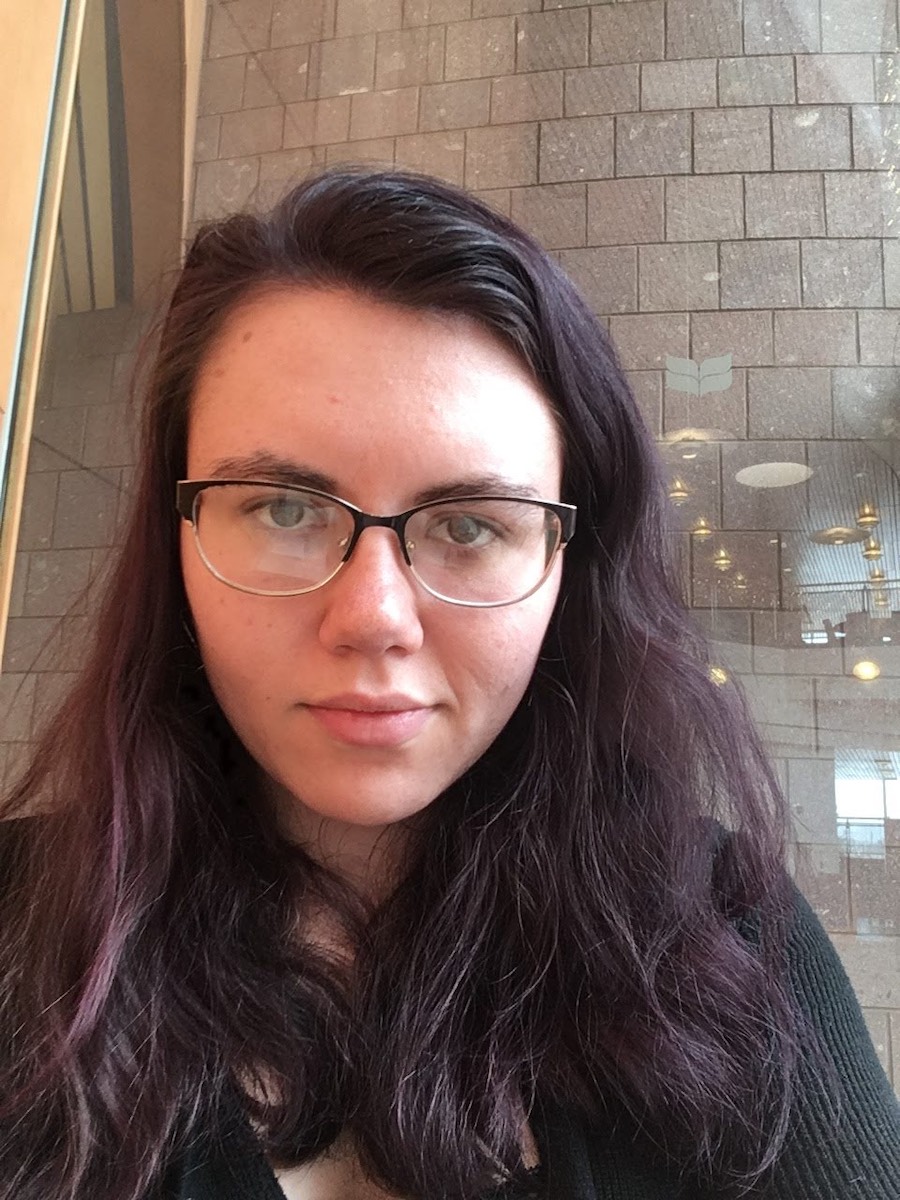By Zoë
About two months into my first year of college, I was hanging out with some friends in the college’s queer resource center. We were young and I suppose carefree, listening to music and painting. A third-year student came in and struck up a conversation with us. They asked if we’d heard anything about the status of the Bi/Pan/Fluid Alliance. We answered that no we had not but that we were excited by the idea as four of the six people there identified as bi or pan at the time.
A year and a half later, there was still no group for bi+ people. From conversations in person and on social media as well as looking at statistics, I knew that bi+ people comprised a significant percentage of the student body and that we were a group with opinions and interests and issues specific to us that we wanted to have a space to discuss. My college is apparently 40% LGBTQ+, and since bi+ people make up about 51% of the community, that means there’s a chance we’re one of the single biggest demographics on campus. But bi people are notoriously difficult to organize, and after the person who volunteered to help me restart the group transferred schools and I went abroad for a semester, it had suddenly been another year. This semester, though, after finally making contact with a bi+ adult who worked for the college, I decided to just start holding meetings. We gathered on Thursday nights, starting out with an icebreaker and a topic (dating, stereotypes, representation in media, intersections with other identities) and quickly devolving into a discussion about language, children’s cartoons, or socialist organizing.
At our very first meeting, we decided that the Bi/Pan/Fluid Alliance, while a functional official name, was not interesting enough for us. After twenty minutes of throwing around random acronyms, initialisms, and words that started with bi-, we settled on BiCUsPid, which stands for, you guessed it, Bi Club: Us Pan Fluid. Solidarity and puns are much more important than a strictly accurate name, and we liked the word bicuspid, which means “having two cusps or points” or “a tooth with two cusps, especially a human premolar tooth.”
Since the pandemic struck, we’ve been separated, three people staying in our college town, the rest of us scattering across the country to homes with varying levels of safety in this or any other time. We’ve stayed connected through a group chat, which is just as chaotic as you might expect from our name and includes more rants about politics and pedantic discussions of music than it does anything to do with sexuality.
When I asked the BiCUsPid group chat how they felt about the prospect of my writing something about us for Bi Women Quarterly, everyone was excited, but someone did bring up the issue of gender. It was relevant, they said, that this group is comprised entirely of non-men. We’re some mixture of women, cis and trans, and nonbinary people with all the variety expected when you get a group of queer college students together. But where are all the bi men? We know they exist. We’re friends with them. Some of us might even be dating some of them. Might be roommates. But only two of them ever showed up to our in-person meetings while we were still able to have them.
In some ways, all of us appreciated the man-free space. Was this not what we wanted? A space where women and nonbinary people could express ourselves, free from the messes that come from interactions with cis men in particular? Well, sure, but I
for one can’t forget society’s constant erasure of bi+ men and feel uncomfortable at the thought that I might in any way be contributing to that.
This is just one space though, and currently an online one, at that, which, as I noted, is not currently particularly focused on discussions of sexuality. While I think we need to talk about gender in bi+ spaces, at this moment I’m just glad I have an official bi+ network at all. It’s always nice to have a group chat you can turn to when you need to ask if memes about bi people being attracted to “all women, most nonbinary people, and three men” are damaging. Or if you just want to have a late-night Cats watch party.
Zoë is a college student currently writing English papers from her grandfather’s house in a small town and eating more Nutella than is good for her.

